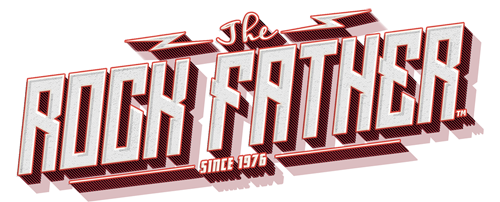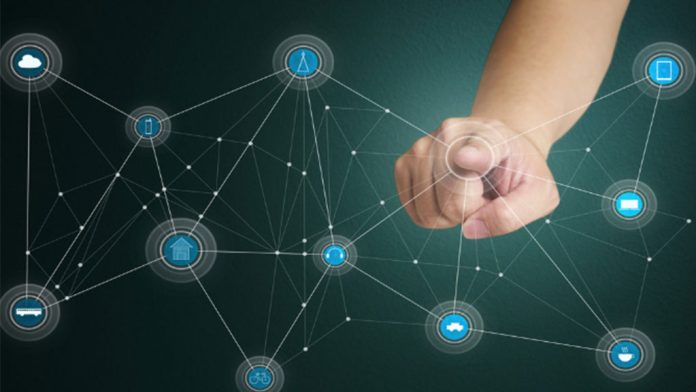In the age of digital disruption, success at work is directly tied to how quickly and effectively you can adapt to new technology. With industries changing and automation transforming the nature of work itself, tools that were once considered a luxury are now the price of admission if you want to keep up. Whether it’s getting down on data analytics software, learning a new coding language, or integrating yourself onto a new project management platform, your appetite to explore tomorrow’s tools can make you or break you in your career.
Technology as a Career Driver
Support is more than just support and has become the backbone of workflows in almost any kind of work today. From marketing to finance to healthcare, the platforms and devices you employ are no longer technological accessories; they are where value is being produced and delivered. With companies increasingly focused on efficiency, collaboration, and the power of data to make decisions, workers who are amenable to the latest technology have an advantage.
Adaptability Over Tenure
This is a fact that demands an entirely different kind of action from professionals: to grow not only in skill, but in the ability to adapt. So you used to be able to climb the career ladder based on how long you’ve been at your job, how good your communication skills are, or what sort of leader you are. And while those are still important, they now need to be accompanied by technical agility, the capacity to understand, incorporate, and utilize new tools as they arise. The type of career and professional development in the modern world is not static; it is moving due to the ever-present domino effect of innovation.
The Self-Driven Learning Advantage
The workplace now assumes that learning doesn’t stop after onboarding or when you’ve finished your formal education. And it doesn’t favor the privileged, but those who take initiative, look for tutorials, enroll in courses, and stay curious about what’s coming next. There are plenty of learning platforms to choose from to learn today’s technologies with ease. The difference now is not access, but the attitude that a growth mindset is about always being ready to learn something new.
Technology Fluency Sets You Apart
Think of the explosion in artificial intelligence and machine learning. Tools such as ChatGPT find applications in content creation, business analysis, customer service, and elsewhere. Those who know how to apply these tools can come up with better, more innovative answers to daily issues. This sort of efficiency is not only convenient, it’s a competitive advantage. Having an edge on the promotional chain or upon strategic projects when technology fluency is involved is not uncommon.
Becoming Indispensable in Times of Change
Companies are eager for team members who can reskill with little retraining. And they appreciate employees who are not just willing and able to use new platforms but who also help others in their firm do so as well. And those are also the people who will end up leading change, setting working practices, and being highly valued by the team. Much of the time, the decision to give someone a new opportunity or lead hasn’t as much to do with what they already know as much as it does with their capacity and demonstrated ability to learn.
Learning as a Long-Term Strategy
The connection between tech-savviness and career growth becomes even more apparent during periods of transformation, when companies roll out new systems, shift to remote collaboration tools, or restructure departments to be more agile. In those moments, the most valuable employees are not necessarily the most experienced, but the most adaptable. Being the person who can confidently say, “I’ll figure it out,” holds tremendous weight in a fast-changing environment.
Ultimately, your ability to learn the next tool is a reflection of your broader approach to growth. It shows initiative, curiosity, and resilience, all qualities that signal leadership potential. In a world where innovation is constant, career and professional development hinge on more than just experience; they require a proactive embrace of new tools and technologies. The professionals who commit to ongoing learning, especially in tech-driven environments, are the ones most likely to grow, lead, and thrive in the evolving workplace.





